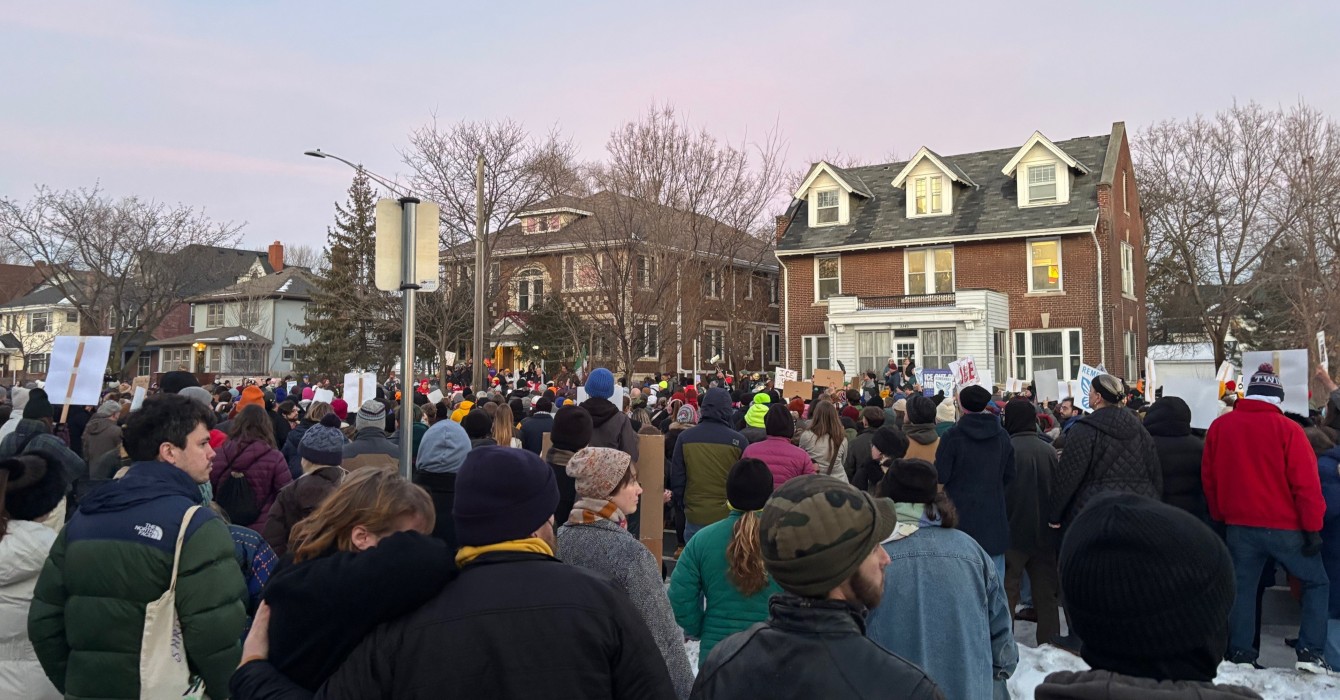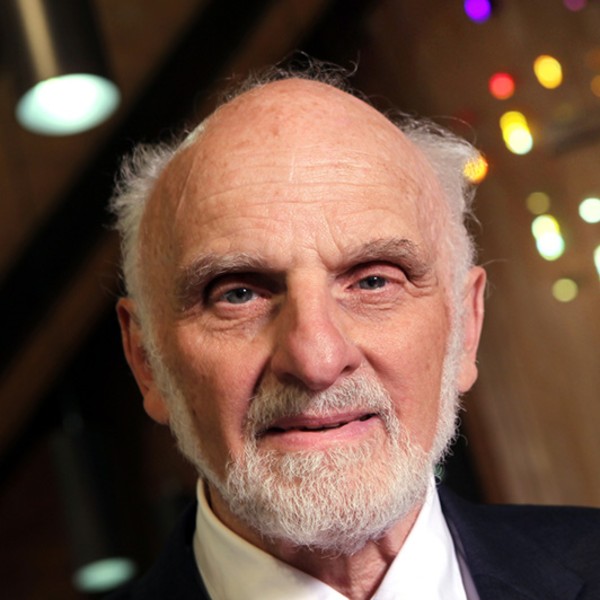Lord, grant me to greet the coming day in peace.
Help me to rely on your holy will.
In every hour of the day reveal your will to me.
Bless my dealings with all who surround me.
Teach me to treat all that comes to me throughout the day
with peace of soul
and with the firm belief that your will governs all.
Guide my words and deeds, my thoughts and feelings.
Teach me to act firmly and wisely
without embittering or embarrassing others.
Give me the strength to bear the fatigue of the coming day
with all that it shall bring.
Direct my will. Teach me to pray. Pray yourself in me.
Amen.
-- Philaret, Metropolitan of Moscow, 1826-1867
For several years, this prayer has been one of my favorite morning invocations. I first ran across it in the small book “Praying Our Days: A Guide and Companion” by Frank T. Griswold, former presiding bishop of the Episcopal Church and friend from a summer community in New Hampshire.
 In “Tracking Down the Holy Ghost: Reflections on Love and Longing,” Griswold writes that he first came across the ancient prayer by the Russian Orthodox Church leader while serving as presiding bishop. “On many mornings,” he writes, “I would enter into the new day asking myself how I could best deal with what might lie ahead.”
In “Tracking Down the Holy Ghost: Reflections on Love and Longing,” Griswold writes that he first came across the ancient prayer by the Russian Orthodox Church leader while serving as presiding bishop. “On many mornings,” he writes, “I would enter into the new day asking myself how I could best deal with what might lie ahead.”
Nearly 200 years after it was composed, the prayer still speaks to Christian leaders. The words affirm that God is in us, blessing, guiding and teaching us as we lead complex communities. God’s presence is embedded in our lives through our stories, experiences and relationships. Our job is both to notice God’s presence and to acknowledge, through our words and deeds, the difference God is making.
The prayer begins by asking God to help us set aside our worries and our anxieties about what the day might bring. We pray that we can place our trust and reliance not on our own strength but on God’s. Philaret’s reference to God’s will is less, Griswold writes, “about obeying an order and more a response to the joy of being loved.” It is a prayer to “sit lightly with my own expectations and make space for new insights or ways of seeing that may come from God’s desire rather than my own.”
In the third line of the prayer, we recognize that we will need reminding of our intention to greet the day in peace, “in every hour of the day.” In the early morning hours, seated in my Ikea happy chair, peacefully drinking my coffee and reading my morning devotion, it is easy to think that I will be able to take this peaceful spirit with me throughout the day. Instead, by midmorning I already realize that I need God to be more like time-release plant fertilizer, delivering sustenance not in one dose but in every hour throughout my day.
Serving as a parish priest and then a denominational leader, Griswold writes, he came to see the church as “a relationship to be lived,” and all those around him as members of Christ’s body, regardless of personality or behavior. Serving in a particular church was “an invitation to a deeper encounter with God mediated by interaction with the congregation.” Acting “without embittering or embarrassing others” became even more important with this realization. When he became bishop and so “a pastor of systems,” he writes, the qualities of “peace of soul” and the ability to act “firmly and wisely” became paramount.
Christian leaders need this prayer as they wrestle with issues that divide families, churches, communities and institutions. The call to love one’s enemies takes on new import as moral and political divides widen. What would it mean, then, for us to pray, with Philaret, “Teach me to act firmly and wisely, without embittering or embarrassing others”?
Griswold acknowledges that he inevitably loses his bearings in the course of a day. “Rather than judging myself at such moments as deficient or unfaithful,” he writes, “I find rest in the fact that the Spirit of Christ prays within me continuously below the level of my own consciousness.”
I like the beauty and simplicity of the last line of the prayer. These days, my list of intercessory prayers looks more like a spreadsheet for God. I am very detailed about what I want for each of my loved ones. The three petitions in this line strip away my need to control even God’s actions and remind me of what’s essential.
They also remind me that the Holy Ghost is actually the one doing the praying in me. Some translations of the last petition read, “Pray thou thyself in me.” I envision the Holy Spirit being poured into me, like water on a plant, so that I can absorb that life-giving stream to sustain my life and my work.















